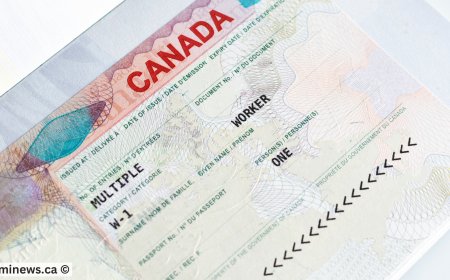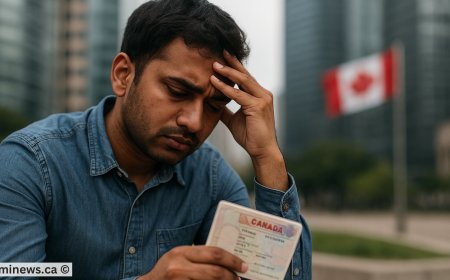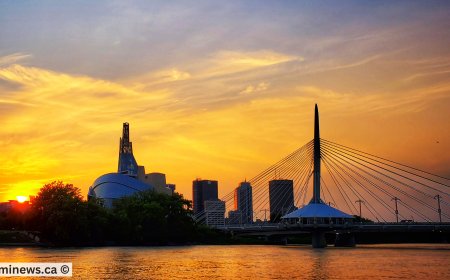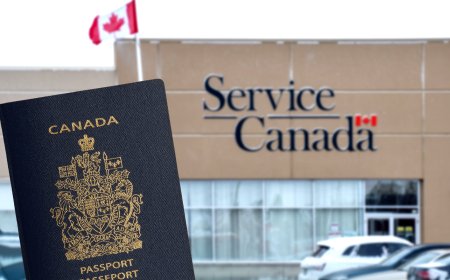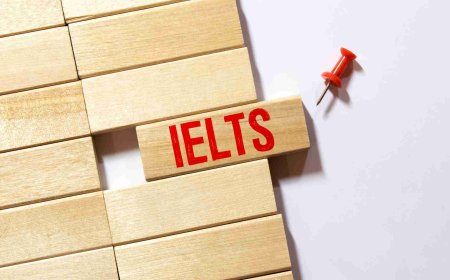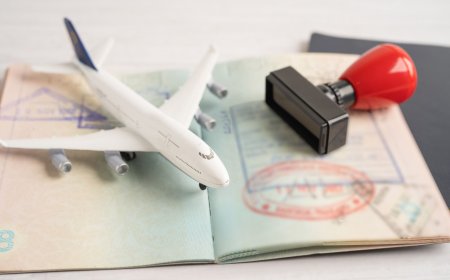British Columbia’s New Guidelines for International Student | Canada Study Visa
British Columbia sets new guidelines to limit international student enrollment to 30% at public institutions, enhancing quality and transparency in education.

British Columbia’s Ministry of Post-Secondary Education and Future Skills has introduced new measures to improve the integrity of the province’s international student program.
The Ministry is implementing new protections and higher standards for designated learning institutions (DLIs) in the province, including the Education Quality Assurance (EQA) code of practice.
The EQA has three main objectives, one of which is to limit international student enrollment to 30% of an institution’s total enrollment. This limit will only apply to the province’s public DLIs, while private DLIs are not impacted.
A Ministry representative noted that many of British Columbia’s 25 public post-secondary institutions were already below the 30% threshold for international student enrollment.
Regarding whether the 30% cap is in addition to the current provincial limit dictated by the number of Provincial Attestation Letters (PALs) issued this year, the Ministry did not specify but stated that the distribution of attestation letters supports international student programs at public DLIs.
The Ministry will work with institutions to provide time to adjust their student recruitment to meet the target and manage any financial implications. Institutions will use their international education strategic plans, identified in the new guidelines, to discuss strategies to meet the threshold.
British Columbia received an allocation of 83,000 PALs for 2024. These letters verify that a student has been accepted to a DLI in the province and are a new step to obtaining a study permit in Canada introduced by Immigration, Refugees and Citizenship Canada (IRCC) following the announcement of a cap on the number of study permits the department will process over the next two years.
The number of PALs a province receives is based on population, with British Columbia being Canada’s third most populated province. In 2024, 53% of PALs in B.C. will be issued to public post-secondary institutions, and 47% will go to private institutions.
Transparent fees for international students
DLIs in B.C. will be required to post tuition levels for the entire duration of a student's study, allowing incoming students to know the total cost of their education upfront and help them budget for life in Canada.
International students contribute significantly to Canada’s economy. In 2022, international student spending amounted to over $37 billion. Data from Statistics Canada shows that in the 2023/2024 academic year, international undergraduate students paid an average of $38,081 in tuition. B.C. currently hosts 111,900 international students in public institutions.
Meeting standards
As part of the EQA, institutions will be required to meet or exceed the institutional quality assurance standards set by the province, applicable to both public and private institutions enrolling international students.
These standards include developing international education strategic plans, improving student services, housing supports, and ensuring Indigenous and domestic students are not displaced.
These standards build on the International Framework Measures introduced by the province last January. The measures included pausing the growth of the number of DLIs, increasing oversight of private institutions, and strengthening compliance and enforcement actions. The new measures are considered Phase 2.
DLIs that adhere to the code will receive an EQA designation, while those that do not meet the EQA code of practice will lose their designation and be unable to accept international students.
Tags:
What's Your Reaction?
 Like
0
Like
0
 Dislike
0
Dislike
0
 Love
0
Love
0
 Funny
0
Funny
0
 Angry
0
Angry
0
 Sad
0
Sad
0
 Wow
0
Wow
0
